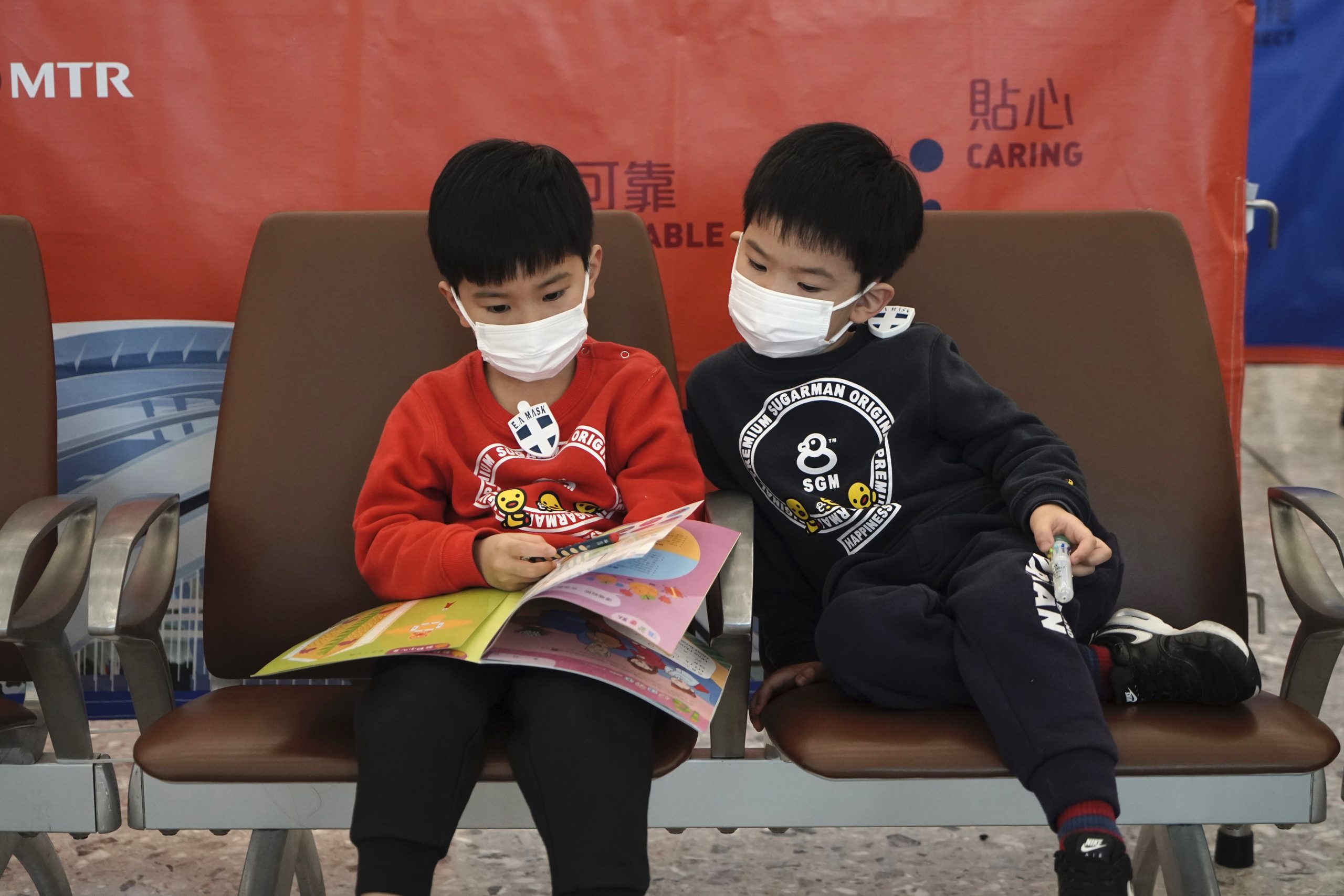- The Wuhan coronavirus is spreading around the globe. It’s arrived in the US, South Korea, Japan, Taiwan, and Thailand.
- In China, where it originated, it’s sickened hundreds of people.
- Health experts stress that those worried about catching the infection needn’t be concerned unless they’ve been to Wuhan or come in contact with someone who was there recently and has been sick.
- The virus also doesn’t appear to be especially dangerous and deadly like SARS, though just like the flu it can kill people, especially the elderly and people with certain preexisting health conditions.
- Visit Insider’s homepage for more stories.
The Wuhan coronavirus is mysterious, deadly, and circling the globe.
As of Wednesday, China said 17 people had been killed by the virus, which was first reported in December.
The coronavirus, named 2019-nCoV, is part of the same family as many common flu strains, as well as SARS and MERS, but this virus is creating a buzz because it has never before been seen in humans. Scientists suspect it might’ve originated in bats and first infected humans in a Chinese animal market in the city of Wuhan.
It’s now being transmitted among people via close contact.
Often, initial symptoms are remarkably flu- and pneumonia-like, and it's impossible to know whether an illness is the Wuhan coronavirus or another viral respiratory illness without laboratory testing.
"The average lay person in the US does not need to be particularly alarmed at this point," Dr. Eric Toner, a senior scientist at the Johns Hopkins Center for Health Security, told Insider. "There's essentially no risk to anybody in the US right now if they have not traveled to China in the last couple of weeks, or been in close contact with someone who is sick who has traveled to China in the last couple of weeks."
If you haven't been to China, or been around sick people who've been to China, you're probably fine

Toner said there were a couple of clear indicators to help you decide when to become more vigilant about catching the new virus.
"The first way to know is by whether you have contact with Wuhan or other parts of China where the disease appears to be spreading," he said. "We're not 100% sure about the spectrum of illness caused by this disease, but it appears that some people have very mild illnesses, just typical cold symptoms. Others have been critically ill."
In the US, the first case of a 2019-nCoV was reported Tuesday in a man in his 30s from Washington state who'd recently been to Wuhan. His samples had to be sent off to the US Centers for Disease Control and Prevention for testing and confirmation.
Health officials have stressed he is recovering well from the virus, for which there is no treatment or vaccine. His illness was mild, without fever, and he is back in good health.
"The people who are critically ill, and the people who have died, are predominantly people with pretty significant underlying health problems, and the elderly," Toner said. "The short answer is, if you're in China and you have this illness, there is no way to tell other than by testing."
In an effort to prevent more sick people with the novel coronavirus from entering the US, all planes from Wuhan are to be routed to five of the largest US airports, where passengers will answer questions about whether they've been to markets in China and get their temperatures scanned with thermal forehead thermometers.
If no red flags emerge during the screening, the travelers can then proceed to customs, toting an informational card they can give to their doctor in case they get sick later.
The airport screening system will not be perfect, though, especially because the coronavirus can incubate for one to two weeks before a person starts showing any signs of illness.
"This is an evolving situation, and again we do expect additional cases in the United States and globally," Nancy Messonnier, the director of the CDC's National Center for Immunization and Respiratory Diseases, told reporters on a call Tuesday.
One of the best ways to protect yourself from this virus, like any virus, is to practice good hand washing with soap and warm water and keep at least 6 feet away from anyone who's sick or coughing. (If you have to take care of someone who's sick, wear a respirator.)

So far, the CDC has stationed more than 100 people at airports across the US, in New York's John F. Kennedy International Airport, Los Angeles International Airport, and San Francisco International Airport. A public-affairs officer at the CDC told Insider that additional screening posts would be set up as early as this weekend at Chicago O'Hare International Airport and Hartsfield-Jackson Atlanta International Airport.
"Based on the very preliminary information we have, it doesn't appear to be as severe as SARS or MERS," Toner said of the new virus. "On the other hand, it may be reasonably transmissible [from person to person], which both SARS and MERS were not ... If it is more transmissible, then it's cause for significant concern."
Click here for Insider's full coverage of the Wuhan virus.
- Read more:
- The deadly Wuhan coronavirus has spread to the US - authorities have confirmed a case in Washington state
- 17 people are now dead from the mysterious Wuhan coronavirus. Here's everything we know about the disease spreading across China and beyond.
- China banned live animal sales in Wuhan, after a food market selling wolves and civet cats was linked to a deadly virus
- The US has reported its first case of the deadly Wuhan coronavirus. Here's how to protect yourself while traveling.

